Why is menstruation important for a female ?
menstruation is an essential process in the female reproductive system. It prepares the uterus for pregnancy, regulates hormones, removes toxins and bacteria, and indicates reproductive health issues. Understanding the importance of menstruation can help women maintain optimal reproductive health and address any issues promptly.
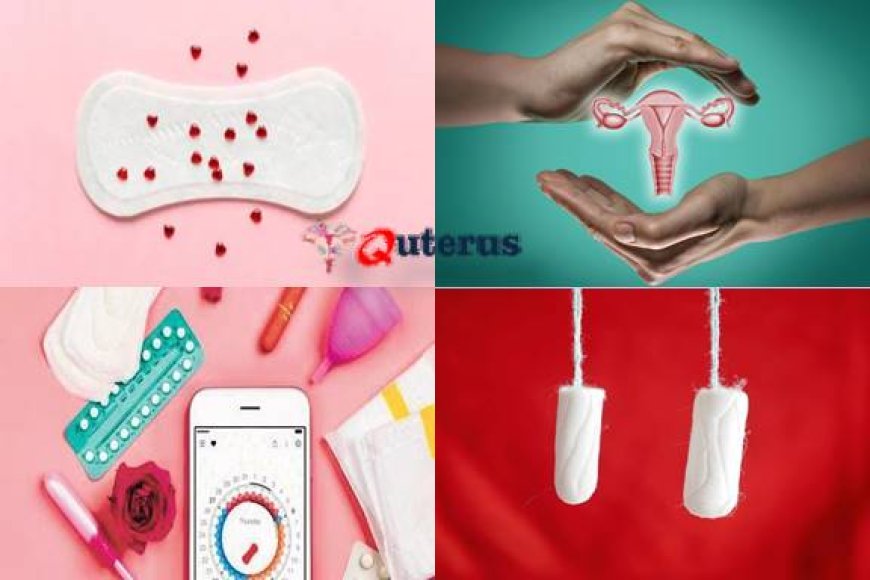
Why is menstruation important for a female ?
Periods or menstruation, are important for the reproductive health of females. Menstruation helps to prepare the uterus for pregnancy each month, ensuring that the body is ready to support a developing embryo if fertilization occurs. Additionally, menstruation helps to regulate hormones like estrogen and progesterone, which can impact overall health. It also helps to remove harmful bacteria and dead cells from the reproductive tract, reducing the risk of infections.
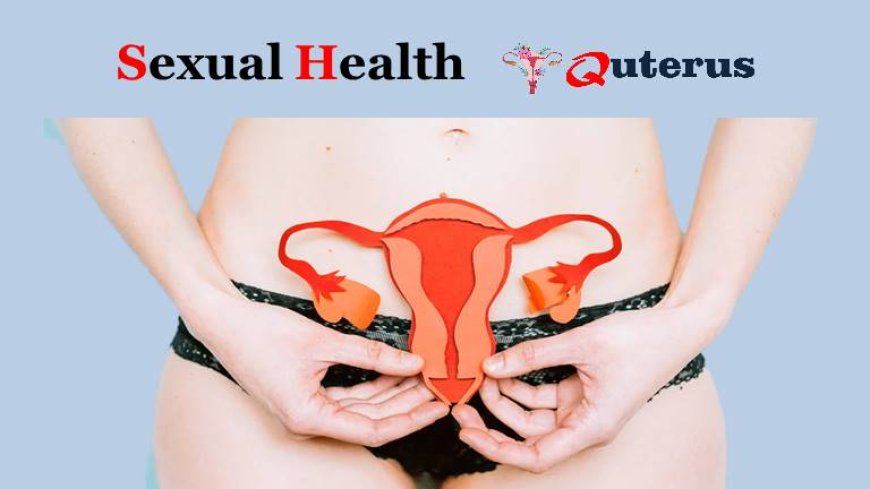
Menstruation and Its Importance in the Female Reproductive System : -
Menstruation is a crucial process in the female reproductive system that occurs regularly, every month, from puberty until menopause. This natural process signifies the release of an egg from the ovary and prepares the uterus for pregnancy. Although menstruation is often viewed as a monthly inconvenience, it serves an essential function in maintaining female reproductive health. In this blog post, we will delve into the importance of menstruation and its significance in the female body.
Preparing the Uterus for Pregnancy : -
One of the essential functions of menstruation is to prepare the uterus for pregnancy. Every month, an egg is released from the ovary, and if it is fertilized, it will implant in the lining of the uterus. To support the growing embryo, the endometrial lining of the uterus thickens during the menstrual cycle. If fertilization does not occur, the lining sheds along with the unfertilized egg, and a new cycle begins. This cycle prepares the uterus for potential pregnancy and ensures it is in optimal condition for a healthy pregnancy.
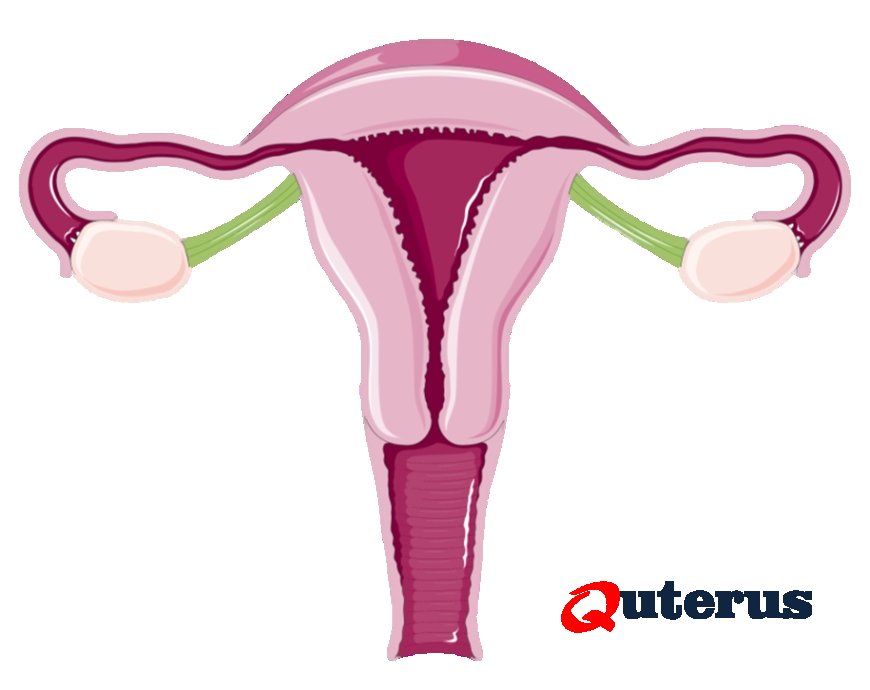
Regulating Hormones : -
The menstrual cycle regulates the hormones in the female body, including estrogen and progesterone. These hormones are essential for reproductive health and are responsible for regulating the menstrual cycle. Estrogen is responsible for the development of the female reproductive system, and progesterone prepares the uterus for pregnancy. The menstrual cycle ensures that the levels of these hormones remain balanced, leading to optimal reproductive health.
Removing Toxins and Bacteria : -
The menstrual cycle also serves as a way to remove toxins and bacteria from the female body. During menstruation, the cervix opens, allowing menstrual blood to flow out of the uterus. This allows for the removal of harmful bacteria and toxins that may have accumulated in the reproductive system. This process is essential in preventing infections and maintaining reproductive health.
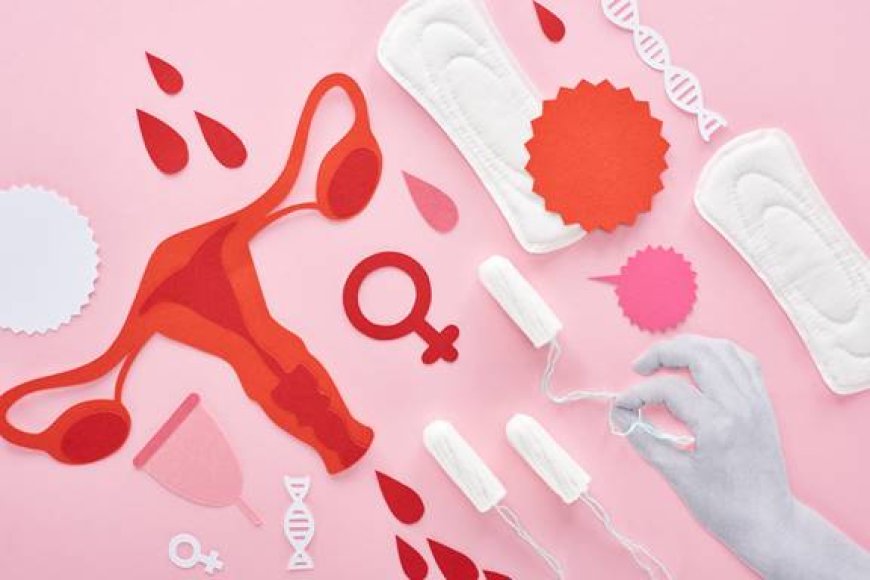
Indicating Reproductive Health Issues : -
Irregular or absent menstruation can indicate underlying reproductive health issues such as polycystic ovary syndrome (PCOS) or endometriosis. These conditions can affect fertility and require medical attention. Menstruation can act as an indicator of reproductive health and ensure that any issues are addressed promptly.
Conclusion : -
In conclusion , menstruation is an essential process in the female reproductive system. It prepares the uterus for pregnancy, regulates hormones, removes toxins and bacteria, and indicates reproductive health issues. Understanding the importance of menstruation can help women maintain optimal reproductive health and address any issues promptly. It is essential to view menstruation as a natural and necessary process that should be celebrated and not stigmatized.

Learn from the video also Menstruation
Why do women have periods?
Menstrual Cycle Basics | 3D animation (1/2)
The Menstrual Cycle | 3D Animation (2/2)
Avoid These Foods During Periods | Women's Health | Foods to Avoid in Menstruation

Frequently Asked Questions
Why is it important to have your period?
Periods or menstruation, are important for the reproductive health of females. Menstruation helps to prepare the uterus for pregnancy each month, ensuring that the body is ready to support a developing embryo if fertilization occurs. Additionally, menstruation helps to regulate hormones like estrogen and progesterone, which can impact overall health. It also helps to remove harmful bacteria and dead cells from the reproductive tract, reducing the risk of infections. Lastly, periods serve as a natural marker of a female's reproductive cycle, allowing for the tracking of any irregular changes that could indicate underlying health issues.
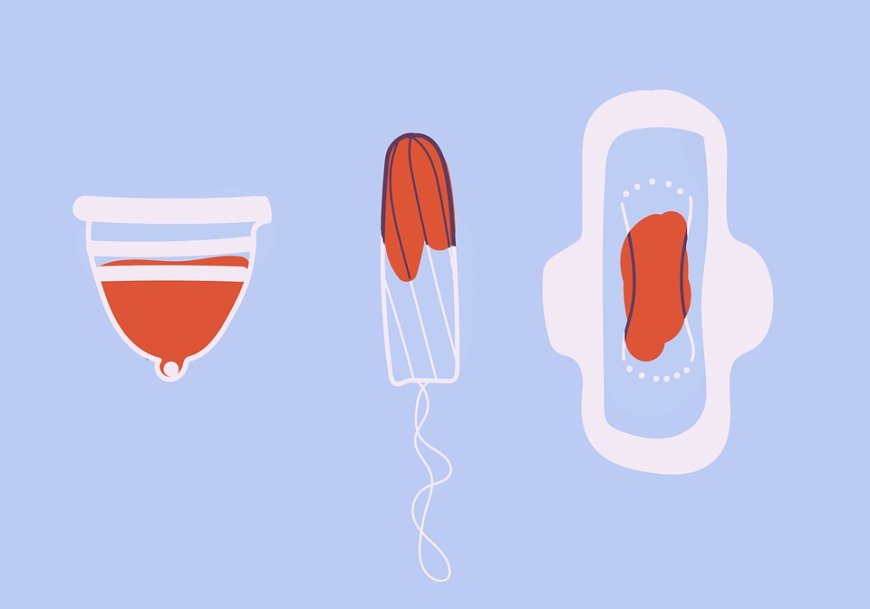
Why is mensuration important for girls?
Menstruation is crucial for girls and women as it marks the maturation of the reproductive system and the onset of fertility. Menstruation is a natural process that occurs in the female body every month and prepares the uterus for pregnancy. Its onset is also an essential marker of puberty and plays a significant role in a girl's physical and emotional development.
Menstruation is also important for overall reproductive health. It helps to regulate hormones that are vital for the female body, such as estrogen and progesterone. These hormones play a crucial role in reproductive health, including maintaining bone density, reducing the risk of heart disease, and regulating ovulation.
Lastly, menstruation helps to remove bacteria and dead cells from the reproductive tract, reducing the risk of infections. It also serves as a natural signal of any irregular changes or underlying health issues that may need medical attention. Overall, menstruation is necessary for a girl's and woman's overall health, well-being, and development.
Is it unhealthy to not have a period?
Yes, it can be unhealthy for a woman not to have a period. Amenorrhea is the term used to describe the absence of menstruation in a woman of reproductive age. There are two types of amenorrhea, primary amenorrhea, where a woman has not had a period by age 16 or 18, and secondary amenorrhea, where a woman who has previously had regular periods suddenly stops getting her periods for three or more months.
Amenorrhea is not a disease but can be indicative of an underlying medical condition that requires medical evaluation and treatment. Some known causes of amenorrhea include pregnancy, breastfeeding, polycystic ovary syndrome (PCOS), thyroid dysfunction, pituitary gland disorders, and extreme weight loss or gain.
Additionally, having regular periods indicates that the body is functioning correctly, which is why menstruation is essential for overall reproductive health. Without menstruation, a woman might experience a range of health problems, including bone loss, infertility, and reduced estrogen production, among others.
So, if a woman misses her period or experiences an irregular menstrual cycle, she should consult a doctor and get evaluated to determine the root cause of the issue to ensure the proper treatment and maintain overall reproductive health.
Can a girl marry during periods?
Yes, a girl can get married during her period. There is no religious or cultural prohibition against getting married during menstruation. However, it is recommended that the bride or groom and the families make their decisions based on their comfort levels, traditions, and personal beliefs.
It is important to note that while getting married during periods is not prohibited, it could present some practical challenges. Some women experience discomfort, cramps, and fatigue during their menstrual cycle, which could impact some of the wedding rituals and ceremonies. Women may also need to take more frequent bathroom breaks and change sanitary products more frequently, which may require some adjustments during the wedding.
Overall, getting married during periods is a personal decision that should be made based on the individual's comfort level and beliefs, and practical arrangements can be made to overcome any challenges that may arise.
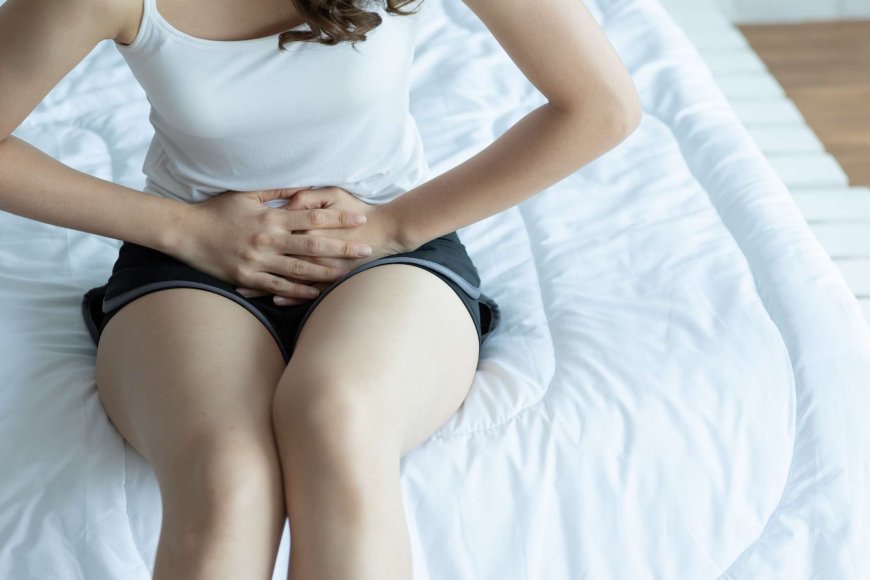
Should a girl kiss during periods?
There is no medical reason why a girl cannot kiss during her period. Menstruation is a natural bodily function that does not pose a risk to others. However, some women may feel uncomfortable or self-conscious during their periods, so it is essential to communicate with your partner and ensure they are comfortable and willing.
With good personal hygiene practices and the use of sanitary products, there should be no significant risks associated with kissing during menstruation. It is important to note that sexually transmitted infections (STIs) can still be transmitted during menstruation, so practicing safe sex practices is crucial.
What can husband do during periods?
The husband can provide emotional support, understanding, and care to his wife during her periods. Menstruation is a natural process that can be challenging and uncomfortable for some women, with physical symptoms like cramps, bloating, and headaches, as well as mood changes.
The husband can help by offering care, empathy, and support. He can assist with daily chores, like cooking, cleaning, and taking care of children to alleviate his partner's workload. He can also provide a listening ear to his partner's feelings, communicate with her, and be patient and understanding of any mood fluctuations. The husband may also consider buying sanitary products and other supplies to ensure his partner has everything she needs.
Lastly, it is important to respect the woman's privacy and preferences. Every woman's needs and comfort levels differ, so it is essential to communicate and understand what works best for her and how to offer support based on her needs and preferences.
What if a girl has period on wedding night?
If a girl has a period on her wedding night, it is entirely normal and does not have to impact intimate relations. The couple should communicate openly, and they can make a joint decision based on their comfort levels and beliefs.
Sexual activity during menstruation, like any other time of the month, is a personal choice and preference for each individual. While some women may not be comfortable engaging in sexual activity during menstruation, others may have no issues with it. The couple can discuss and decide if they want to wait until the period is over or continue with intimate acts.
It is essential to keep in mind that menstruation is a natural bodily function, and with good personal hygiene practices and the use of sanitary products, there should be no significant risks associated with intimacy during menstruation. The most important thing is that both partners communicate, understand each other's comfort levels and needs, and make a decision that works best for them.
Can a man sleep with his wife during her period?
Yes, a man can sleep with his wife during her period, and it is a personal decision between the couple. Sexual activity during menstruation is safe with good hygiene practices and the use of sanitary products like tampons, menstrual cups and pads.
It is important, however, to note that some women may experience discomfort or pain during their period, making sexual activity uncomfortable for them. Therefore, partners should communicate openly about their comfort levels and decide what works best for them.
Also, it is crucial to be aware that sexually transmitted infections (STIs) can still be transmitted during menstruation, so practicing safe sex measures like using condoms is necessary.
Overall, sleeping with one's wife during her period is a personal decision and preference that should be made based on open communication and mutual consent.
What is period blood made up of?
Period blood contains blood, cervical mucus, endometrial tissue, and unfertilized eggs. The menstrual cycle is a natural process that occurs in female bodies of reproductive age to prepare the uterus for pregnancy. The menstrual cycle involves the shedding of the uterine lining, which contains the endometrial tissue if pregnancy does not occur.
The menstrual blood is roughly 55% plasma, which is a fluid that makes up the majority of the blood. It contains various cells, including red blood cells, white blood cells, and platelets. Additionally, the blood also contains cervical mucus and vaginal secretions.
Endometrial tissue makes up the majority of the menstrual blood and comes from the lining of the uterus. The unfertilized eggs also shed along with the endometrial tissue during menstruation.
Overall, menstrual blood is a mixture of various fluids, cells, and tissues and is a crucial indicator of reproductive health.
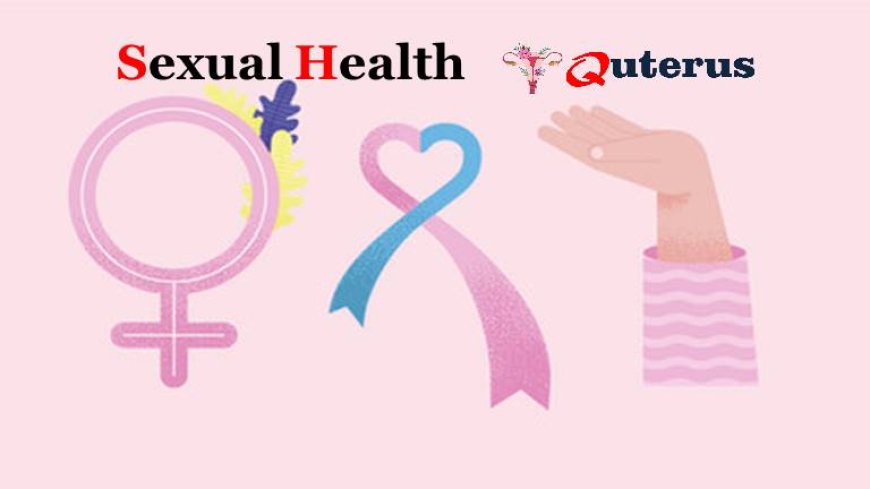
Can kissing during periods leads to pregnancy?
No, kissing during periods cannot lead to pregnancy. Pregnancy occurs when sperm fertilizes an egg released from a woman's ovary, and that usually happens during ovulation in the middle of the menstrual cycle.
Kissing during periods cannot lead to pregnancy because there is no egg present during menstruation. Sperm also cannot survive for very long outside of the male body, and even if there is some contact between sperm and the woman's reproductive system, the chances of pregnancy are very slim.
It's important to note that while kissing cannot lead to pregnancy, engaging in sexual activity during periods or at any time during the menstrual cycle can pose a risk of pregnancy if not protected with proper contraceptive measures.
Can sperm travel during period?
It is unlikely and rare for sperm to travel and survive during a woman's period, but it is not impossible. Sperm typically enters the woman's reproductive tract through the cervix and fallopian tubes when there is an egg available for fertilization.
During menstruation, the flow of blood and menstrual tissue moving out of the uterus tends to flush out any remaining sperm from previous sexual activities, making it less likely for sperm to survive. However, in some cases, sperm can survive for up to five days inside a woman's reproductive tract. If a woman's menstrual cycle is short, and ovulation occurs soon after the period, sperm could potentially survive until ovulation and fertilize an egg.
Therefore, even though it's rare, it is possible for pregnancy to occur if a woman engages in sexual activity towards the end of her period. It's crucial to use contraception methods like condoms to prevent unwanted pregnancy and practice safe sex if the couple is not planning a pregnancy.
Is period blood 100% blood?
No, period blood is not 100% blood. Period blood contains a mixture of fluids, including blood, cervical mucus, endometrial tissue, and unfertilized eggs. Blood makes up a significant component of menstrual blood, which comes from small blood vessels in the uterus lining that shed along with the other components.
The composition of menstrual blood varies from woman to woman, and it may also differ from one period to the next. The amount, thickness, smell, color, and texture of menstrual blood can also vary depending on various factors such as diet, hormonal changes, and menstrual disorders.
Therefore, period blood is not entirely composed of blood but is rather a mixture of fluids, tissues, and cells that make up a necessary and natural bodily function.
Is period blood waste or not?
No, period blood is not waste. Period blood is the shedding of the endometrial lining of the uterus, which prepares itself to support pregnancy every month, indicating the absence of conception. The menstrual cycle is a natural process that assists in female reproductive health and is considered vital for a woman's reproductive capabilities.
Therefore, while menstrual blood may be considered an excretory product, it is not waste in the conventional sense and plays a crucial role in women's reproductive health. Any hormonal imbalance or irregularity during the menstrual cycle can adversely affect women's physical, mental and emotional health and create hurdles in their personal and professional lives.
Thus, period blood is not waste and should be understood as a natural and necessary bodily function that plays a vital role in a woman's reproductive system.
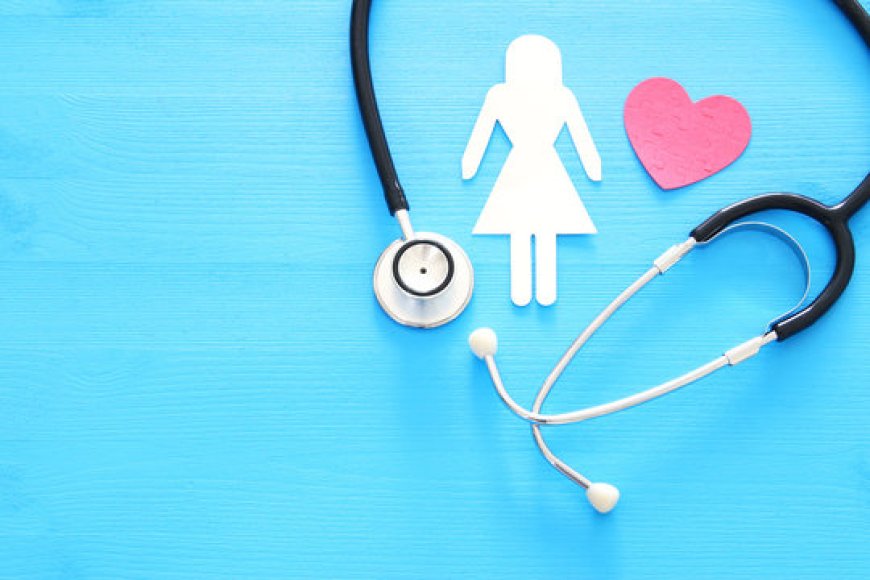
Can you see eggs in period blood?
No, eggs are not visible in period blood with the naked eye. During menstruation, the uterus sheds the endometrial lining, which may look like clots or tissues in the blood. The released eggs, if any, are microscopic and cannot be seen in the menstrual blood.
The eggs released from a woman's ovary during ovulation are relatively small, measuring around 0.1-0.2 millimeters and are not visible to the human eye. They travel through the fallopian tubes towards the uterus and may get fertilized by sperm if sexual intercourse occurs around that time.
Therefore, while eggs are not visible in period blood, their release from the ovary is a critical event in the menstrual cycle, which determines a woman's fertility and chances of pregnancy.
Are periods hygienic?
Yes, periods are hygienic, and it is essential to maintain good menstrual hygiene practices during periods. Menstruation is a natural process that occurs in the female body and is necessary for reproductive health. However, menstrual blood and the environment in the vagina provide an ideal condition for the growth of microorganisms, which can lead to infections.
Maintaining appropriate menstrual hygiene practices like regularly changing sanitary products (pads, tampons, menstrual cups), washing genitals with clean water, and using mild soap can minimize the growth of bacteria and prevent infections.
It is also essential to keep the vaginal area dry, avoid tight-fitting clothing, and maintain proper hand hygiene to prevent the transmission of infections. Good menstrual hygiene practices can help women to manage their periods comfortably and avoid unpleasant smells, stains, and infections.
Thus, periods, in themselves, are hygienic, but maintaining proper menstrual hygiene practices is crucial for women's reproductive and overall health.
How many pads is too many?
There is no universally established number of pads that are considered 'too many' as it varies from person to person based on individual factors like flow intensity, duration of periods, and personal preferences.
On average, a woman may use between 3 to 7 pads per day, depending on her menstrual flow. It is not uncommon for some women to require more pads per day, while others may need fewer. If the period flow is heavier, more pads may have to be used to ensure proper hygiene and comfort.
Using an excessive number of pads may lead to unnecessary environmental waste and may also represent underlying menstrual problems like PCOS, endometriosis, or hormonal imbalances. Suppose you notice a sudden increase in the number of pads or tampons needed during a menstrual cycle. In that case, it is essential to seek medical advice to rule out potential underlying health concerns.
Overall, the number of pads used can be subjective to personal preference and flow intensity, but there is no such thing as using too many pads as long as it does not interfere with daily activities and does not cause any harm or medical concerns.
What pain is during periods?
Pain during periods is commonly experienced as cramps or a dull, aching sensation in the lower abdomen area. These cramps are caused due to the contraction of the uterus muscles, which help to shed the endometrial lining during menstruation. The severity of pain can vary from mild discomfort to severe pain that can interfere with day-to-day activities.
Apart from menstrual cramps, women may also experience other types of pain during periods, such as headaches, back pain, and breast tenderness. Some women may also have pain in the ovaries during ovulation.
The intensity and duration of menstrual pain can differ from person to person and can be impacted by factors like age, hormonal imbalances, underlying medical conditions, and genetic factors. Women may experience more severe pain if they have menstrual disorders like endometriosis, uterine fibroids, polycystic ovary syndrome (PCOS), or pelvic inflammatory disease.
It's essential to manage period pain with appropriate pain relief medication, physical activity, heat therapy, or lifestyle changes like healthy eating habits, stress management, and suitable sleeping patterns. If period pain is interfering with daily activities or becomes significantly severe, it's essential to consult a doctor to evaluate and monitor the underlying medical condition that may be impacting the menstrual cycle.
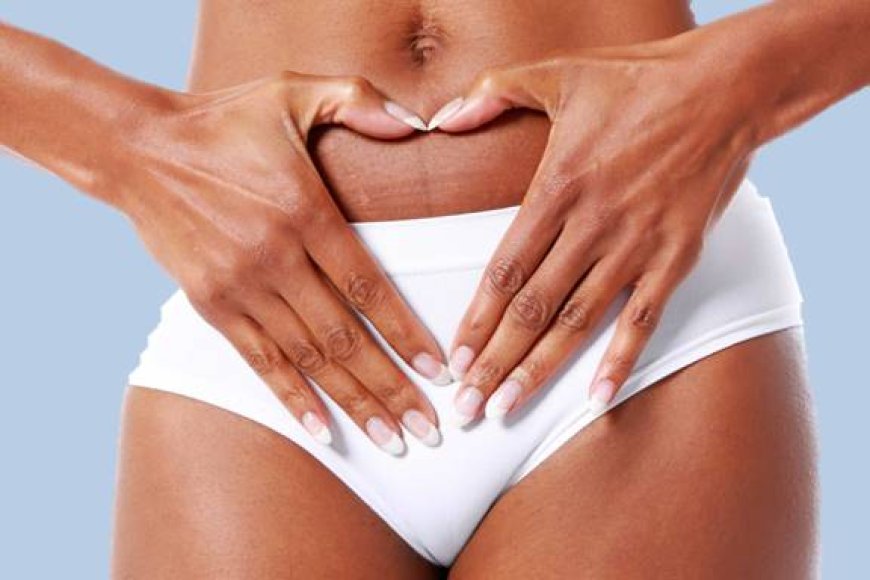
How many pads a day is heavy?
A menstrual flow that needs changing pads or tampons every 2 hours or less is typically considered a heavy flow. Heavy bleeding can be defined as the need to change pads or tampons more often than every 2-3 hours or the need to use double protection such as a tampon and a pad at the same time to manage the flow.
If a woman has to change their pads or tampons every hour or less or experiences blood clots larger than a quarter, it can indicate an extremely heavy flow, which can interfere with daily activities and cause significant discomfort.
Heavy menstrual bleeding can be caused by various underlying health conditions such as uterine fibroids, endometriosis, or hormonal imbalances. It is essential to seek medical advice if one is experiencing heavy menstrual bleeding, especially if it occurs suddenly and is accompanied by other concerning symptoms like dizziness or fatigue.
Overall, the number of pads used can be subjective to personal preference and flow intensity, but if a woman needs to change pads or tampons every couple of hours, they may consider it a heavy flow and should consult with their doctor if it is affecting their quality of life.
Can you donate period blood?
No, period blood cannot be donated like other blood donations. Period blood is different from regular blood donations as it contains a mixture of fluids, including blood, cervical mucus, endometrial tissue, and unfertilized eggs.
Blood donations are made up of red and white blood cells, platelets, and plasma and are mainly used to treat medical conditions that require blood transfusions such as surgeries, accidents, or serious injuries.
There is ongoing research on the potential of using menstrual blood for therapeutic purposes, such as regenerative medicine. Still, its usage is not currently widely practiced or approved for donation in blood banks or hospitals.
In summary, it is not possible to donate period blood as it is not considered a viable blood donation, and its usage is yet to be widely accepted in medical settings.
How many eggs do you lose during period?
Typically, during each menstrual cycle, only one egg is released from one of the ovaries in response to hormonal changes in the body. If the egg is not fertilized by sperm, it disintegrates, and the uterus lining sheds and is expelled from the body as menstrual blood.
Therefore, during a menstrual cycle or period, only one egg is generally lost from the body. The process of losing an egg, known as ovulation, is an essential part of the menstrual cycle and is necessary for the reproduction process.
It's worth noting though, that in some cases, women may experience two or more ovulations during menstrual cycles, which increases the likelihood of fraternal-twin pregnancies. However, this is a relatively rare occurrence and is not the norm for most women during their menstrual cycles.
How many pads per day are normal?
On average, it is normal to use between three to six pads per day during a menstrual cycle. The number of pads used, however, varies from person to person, and there is no universally established number of pads considered "normal."
The flow intensity, duration of periods, and personal preference can affect the number of pads used during a menstrual cycle. Some women may experience a lighter flow and need fewer pads, while others may need to change more pads due to a heavy flow.
If the need to change pads occurs more frequently than every two to three hours or demands the use of more than six pads per day, it may indicate a heavier than usual flow. It is important to pay attention to changes in menstrual flow patterns and seek medical advice if there are drastic changes that affect daily activities.
Ultimately, the number of pads used during a menstrual cycle depends on individual factors, and it is essential to pay attention to the menstrual flow pattern and resulting hygiene.
Why is my period only 2 days?
There may be various reasons why a period lasts only two days. The most common cause of a short period is hormonal fluctuations, which can affect the menstrual cycle's length and duration.
In some cases, a two-day period may be caused by a condition called polycystic ovary syndrome (PCOS), which can result in abnormal menstrual cycles characterized by short or long periods or absent periods.
Stress, sudden weight changes, certain medications, and underlying medical conditions like endometriosis, thyroid abnormalities, and uterine fibroids can also affect the menstrual cycle and reduce the period's duration.
In rare cases, a shorter period may be caused by pregnancy. If a woman experiences a period that is much lighter, shorter, or different from their usual period, it is essential to take a pregnancy test to rule out any potential pregnancy complications.
If a woman is concerned about a period lasting only two days and it interferes with her daily activities, it is essential to seek medical advice to determine the underlying cause behind the reduced duration.
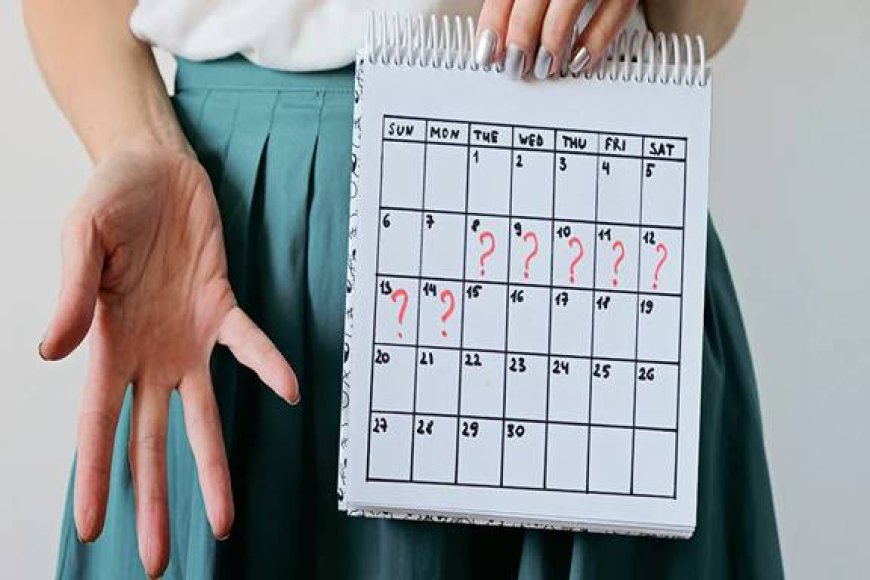
How much blood is lost during periods per day?
On average, a woman loses about 30 to 40 milliliters (one to two ounces) of blood during a menstrual cycle, with most of the blood being lost in the first few days of the period. The amount of blood loss can vary significantly from person to person and may depend on a woman's hormonal balance, age, weight, medical history, and other factors.
Typically, women lose around 60 milliliters (two ounces) of blood during the entire menstrual cycle, which may last for three to seven days for most women. Blood loss during periods can be influenced by the intensity and duration of the menstrual flow. Heavy menstruation can cause a considerable loss of blood, which may adversely affect a woman's quality of life.
It's essential to keep track of menstrual blood loss, as excessive blood loss or changes in the color, consistency, or texture of the blood may indicate underlying health concerns and requires medical evaluation. Health care providers may suggest interventions like iron supplements, hormonal therapy, or surgery to alleviate heavy menstrual bleeding, depending on the severity and underlying cause of the condition.
Can I wear a pad for 12 hours?
It’s not recommended to wear a pad for 12 hours straight because doing so can increase the risk of developing rashes, infections, and odors.
Wearing a pad for an extended period can encourage the growth of harmful bacteria and the collection of menstrual blood, which can lead to unpleasant smells and skin irritation in the vaginal area.
It is best to change pads every four to six hours to maintain good hygiene and prevent health complications. In cases of a heavy flow, women may need to change their pads more frequently to prevent unwanted leakages.
It is essential to choose the right type of pad that offers good absorbency and comfortable fit and to maintain good genital hygiene practices. Using intimate wash or wipes, and changing menstrual products frequently can help to prevent unpleasant odors and infections.

We provide you with authentic, trustworthy and revelant information

Have issue with the content?
 Disclaimer
Disclaimer
The information given on our website www.uterusq.com is being posted only for the purpose of knowledge and information, before using them, choose them completely and check the correctness with your subject matter expert. We (www.uterusq.com) have no responsibility for any kind of loss.







